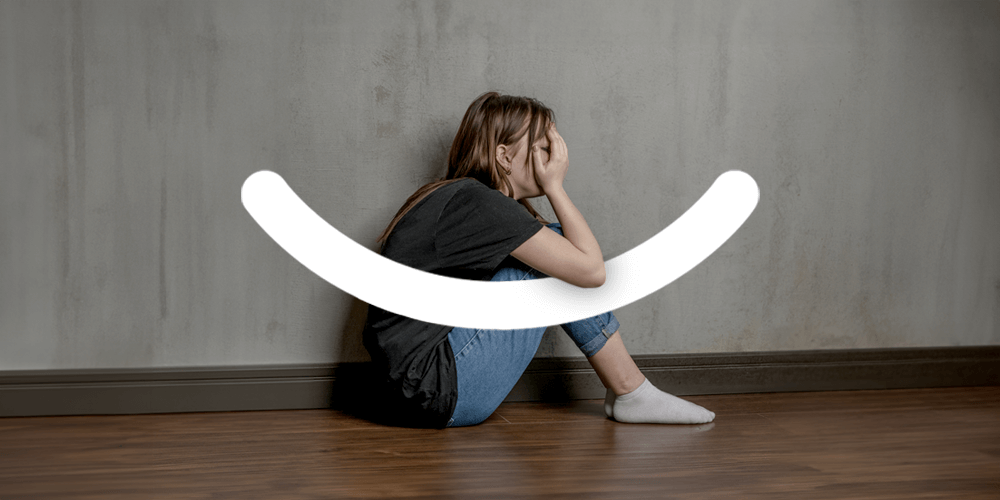While some signs of abuse are clear and obvious, others are far less easy to spot day to day. But when it comes to escaping an abusive relationship, or helping a loved one escape theirs, it’s important to know what to look out for, when to reach out for help, and what you can do to support others.
What is Domestic Abuse?
Domestic abuse refers to abusive or controlling behaviour. This can be in the form of physical violence, threats, psychological harassment, mental abuse or manipulation, and even financial control.
This behaviour tends to be within close relationships, such as members of someone’s family, or a long-term partner. However, it’s also possible for students moving into new accommodation or developing new relationships to experience controlling and coercive behaviours too.
Domestic abuse can range from intense physical abuse to smaller comments and actions that leave someone feeling belittled and worthless. In turn, this can lead to the abused individual becoming isolated from others, and less likely to seek help.
What is Sexual Abuse?
While many of us associate sexual abuse with rape or attempted rape, there are many other situations where someone may experience this form of abuse. These can include:
- Unwanted touching, kissing, and sexual advances
- Refusing to wear condoms or controlling access to birth control
- Unsolicited comments on someone’s appearance or body
- Incest, molestation, and grooming
- Obscene sexual language or gestures
Spotting the Signs of Abuse
With social events, new living situations, and studying to keep up with, it’s easy to miss some of the potential signs of sexual or domestic abuse. Whether you’re concerned for a classmate, a friend, someone you live with, or even yourself, there are some key signs to look out for.
- Changes in their appearance
- Constantly cancelling plans to meet
- A severe lack of confidence
- Changes in behaviour with their partner present
- Leaving nights out/classes suddenly after calls or texts from their partner
- Missing lectures regularly due to sickness or unexplained absences
- Attempts to cover up physical injuries
- Telling you their partner can be jealous or controlling
- Having to call/check in with a partner at specific times and worrying if they’re late to do so
- Suddenly not using social media without a reason
No one Deserves to be Controlled, Abused, or Belittled
If you or someone you know is experiencing sexual or domestic abuse, it’s important to acknowledge that leaving an abusive relationship isn’t easy. However, with the right people and support, we all have the power to escape an abusive relationship.
As a friend, you can offer to keep copies of their keys, clothes, and important documents safe for when they decide to leave, as well as offering a kind ear. As someone experiencing this abuse, confiding in someone you trust is the bravest thing you can do, and is the first step towards a happier, healthier future that places your needs and wellbeing as a priority.




